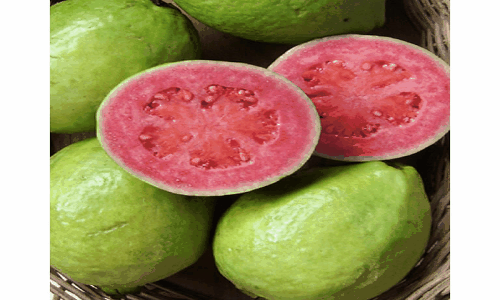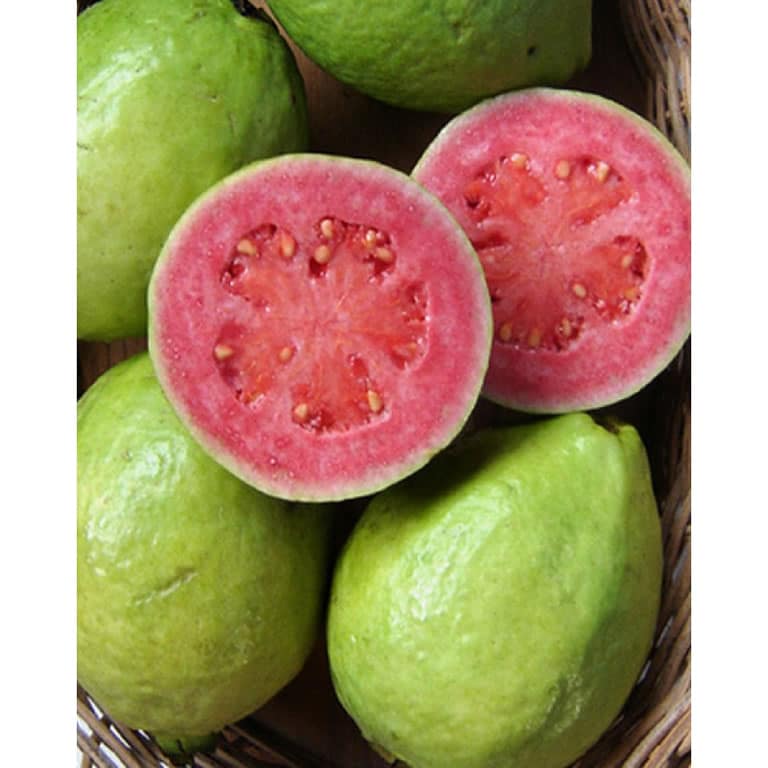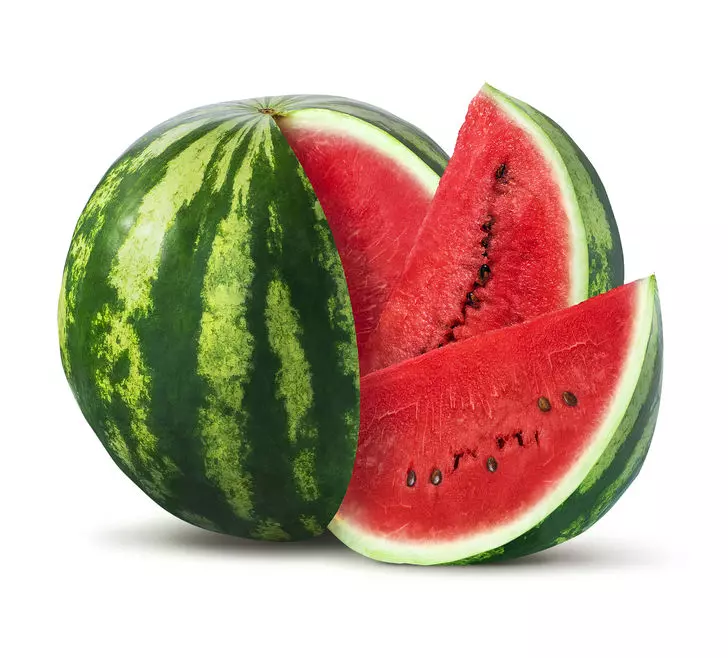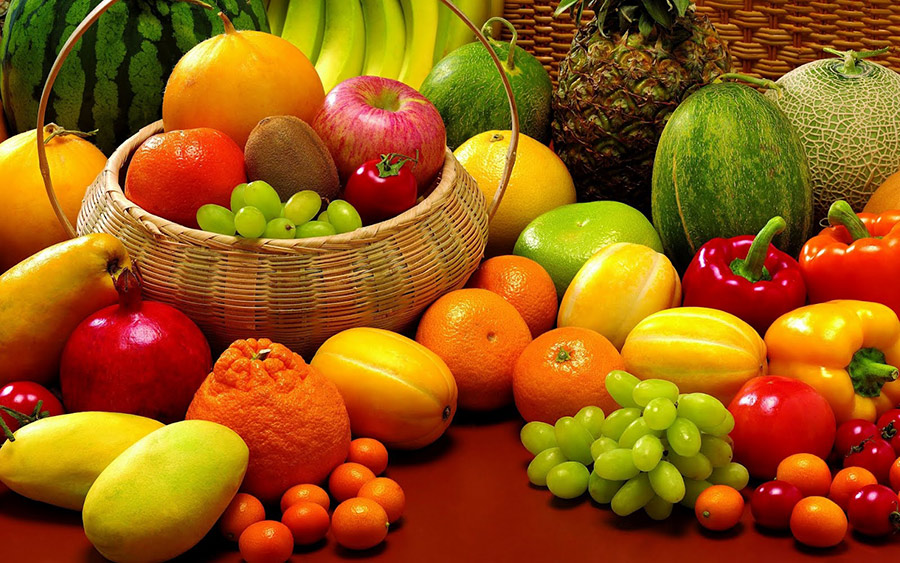Advertisements
Fruits are known to be synonymous with health and well-being, but not all of them are as harmless as they seem. Some species, although popular, may contain toxic substances or cause adverse reactions under certain conditions.
Advertisements

This can put your health at risk, especially if consumed inappropriately or in excess. 🛑
Whether due to natural components that interfere with the functioning of the body or due to factors such as poor storage and handling, it is essential to know what these fruits are and the care that should be taken.
After all, what seems healthy is not always as safe as we imagine.
Advertisements
The good news is that with the right knowledge, it is possible to avoid complications and ensure a balanced and safe diet. 🍎🍇
In this content, you will discover which fruits can be dangerous, how to identify them and the reason behind their possible harmful effects.
Knowing this information can make all the difference in your eating routine and help protect your health and that of your family.

Fruits that can pose health risks: learn about the hidden dangers
Beware of seeds: the risk of cyanide toxicity
Some fruits that seem harmless can contain toxic elements hidden in their seeds. A well-known example is apples 🍎 and cherries 🍒. Both have seeds that contain a substance called amygdalin, which, when metabolized by the human body, can release cyanide, a highly toxic compound.
Although the amount of cyanide in the seeds is small, ingesting it in large quantities or on a regular basis can cause serious health problems, such as dizziness, headaches, difficulty breathing and, in extreme cases, fatal poisoning. In addition, chewing the seeds increases the risk, as the process releases the chemical compound more efficiently.
Therefore, it is essential to avoid consuming the seeds of these fruits. If you have small children at home, you should be extra careful, as they may inadvertently ingest the seeds. If you notice any symptoms after ingesting the seeds, seek medical assistance immediately.
- Fruits with potentially dangerous seeds: Apples, cherries, peaches, plums and apricots.
- Preventive measure: Always remove the seeds before offering these fruits, especially to children.
Starfruit: a fruit that can be toxic for people with kidney problems
Star fruit, known for its unique star-shaped shape ⭐, may seem like a healthy and delicious choice. However, it contains a substance called caramboxin, which can be extremely harmful to people with kidney failure or similar conditions.
The healthy human body can usually process this substance without major complications. However, in those with kidney problems, caramboxin is not filtered properly and can accumulate in the body. This can lead to a range of symptoms, including mental confusion, seizures and, in severe cases, even death.
Studies indicate that even a small amount of star fruit can trigger symptoms in people with kidney failure. Therefore, it is highly recommended that this group avoid consuming the fruit, even in small portions. For the rest of the population, moderate consumption is considered safe, but vigilance is always important.
- Population at risk: People with kidney problems, including chronic kidney failure.
- Symptoms of poisoning: Nausea, mental confusion, convulsions, muscle weakness and, in extreme cases, coma.
Exotic fruits that require special attention
Ackee: Jamaica's national fruit could be dangerous
Ackee, widely consumed in Jamaica and other parts of the Caribbean, is an exotic fruit that requires careful preparation to avoid poisoning. The fruit contains natural toxins called hypoglycins A and B, which, if eaten raw or underripe, can cause a serious condition known as “Jamaica vomiting sickness.”
Symptoms of this poisoning include severe vomiting, hypoglycemia (very low blood sugar levels), seizures, and even coma. Toxicity occurs because hypoglycemia inhibits the body's ability to produce glucose, which is essential for proper functioning of the body.
For this reason, ackee should only be eaten when fully ripe and properly prepared. Toxic parts, such as the seeds and fibrous interior, should be removed before consumption. If you are traveling to areas where this fruit is popular, such as Jamaica, it is recommended that you only eat dishes prepared by experienced cooks.
- Toxic when: Consumed raw or not fully ripe.
- Essential care: Make sure the fruit is fully ripe and prepared by someone experienced.

Red dragon fruit: a warning about allergies and adverse reactions
Pitaya, also known as dragon fruit 🐉, is an exotic fruit that has gained popularity due to its sweet taste and nutritional benefits. However, the red variety of this fruit can cause adverse reactions in some people, especially those with a history of food allergies.
Additionally, the intense red pigment in dragon fruit can lead to a condition called pseudomelena, in which stools may appear dark or reddish after consumption. While not a serious health problem, this condition can be alarming, as people may mistake the symptom for gastrointestinal bleeding.
On the other hand, there are reports of rare cases in which the consumption of large quantities of red dragon fruit led to allergic reactions, such as itching, swelling in the mouth and throat, and gastrointestinal discomfort. Therefore, even though it is considered safe for most people, it is important to observe how the body reacts to this fruit and avoid overconsumption.
- Potential risks: Allergic reactions and pseudomelena.
- Precautions: Consume in moderation and observe your body's signals.
Common fruits that can surprise you with their risks
Green bananas: excess can cause discomfort
Although bananas are widely consumed and considered safe, the unripe version of this fruit can pose some health risks when consumed in excess. Unripe bananas are high in resistant starch, a type of carbohydrate that can be difficult for some people to digest.
Excessive consumption of green bananas can cause symptoms such as bloating, gas, and gastrointestinal discomfort. Furthermore, green bananas have a lower glycemic index, which makes them attractive to people looking to control their blood sugar levels. However, excessive consumption can cause constipation due to the high amount of insoluble fiber.
So if you’re a fan of green bananas, moderation is key. Make sure to balance your diet with other foods rich in soluble fiber to avoid unnecessary discomfort.
- Common problems: Bloating, gas and constipation.
- Solution: Consume in moderation and combine with other foods rich in soluble fiber.
Citrus fruits: the impact on tooth enamel
Citrus fruits like lemons 🍋, oranges, and tangerines are rich in vitamin C and other nutrients, but frequent consumption can have a negative impact on oral health. The high acidity of these fruits can wear down tooth enamel, making them more susceptible to cavities and sensitivity.
Additionally, excessive consumption of citrus fruits can cause acid reflux in some people, aggravating conditions such as heartburn and esophagitis. The juice of these fruits, for example, is especially acidic and can increase irritation of the gastric mucosa.
If you enjoy citrus fruits, it is a good practice to rinse your mouth with water after eating them to reduce the acidic impact on your teeth. It is also recommended to avoid brushing your teeth immediately after eating these fruits, as the enamel is more vulnerable during this period.
- Potential risks: Erosion of tooth enamel and acid reflux.
- Consumption tips: Rinse your mouth with water and avoid brushing your teeth immediately after consumption.

Conclusion
Conclusion: Protect Your Health and Avoid Complications with Smart Choices 🍎
Now that you know which fruits can pose risks to your health, it is clear that, despite being natural, not all foods are harmless. It is important to always be aware of the foods we consume, because in some situations, a seemingly healthy fruit can contain harmful substances or cause unexpected allergies. 🍋
Therefore, to ensure your well-being, always seek information about the origin of foods and the impact they may have on your body. If you have any questions or specific conditions, it is essential to consult a doctor or nutritionist. Also, remember that each organism is unique, and what may be safe for one person may not be for another. 😉
Finally, by adopting a balanced and conscious diet, you will be taking an important step towards a healthier and more fulfilling life. Avoiding potentially dangerous fruits does not mean giving up flavor or diversity, but rather prioritizing your health and well-being. 🌿
Now that you know this valuable information, share this content with your friends and family so everyone can make better and safer choices! 💡

